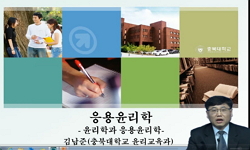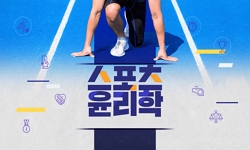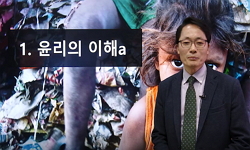This paper aims to investigate the relationship of fact and ought in Cho Se-hui's a little ball launched by a dwarf. This novel is characterized by non-realistic style describing realistic stories about Korea's labor conditions in 1970's and therefore...
http://chineseinput.net/에서 pinyin(병음)방식으로 중국어를 변환할 수 있습니다.
변환된 중국어를 복사하여 사용하시면 됩니다.
- 中文 을 입력하시려면 zhongwen을 입력하시고 space를누르시면됩니다.
- 北京 을 입력하시려면 beijing을 입력하시고 space를 누르시면 됩니다.

『난장이가 쏘아올린 작은 공』에 나타난 사실과 당위의 관계 연구 = The relationship of fact and ought in a little ball launched by a dwarf
한글로보기부가정보
다국어 초록 (Multilingual Abstract)
This paper aims to investigate the relationship of fact and ought in Cho Se-hui's a little ball launched by a dwarf. This novel is characterized by non-realistic style describing realistic stories about Korea's labor conditions in 1970's and therefore provides the possibility of interpretations in may ways. Two questions are significant for comprehending this novel, that is Who is clean and who is dirty? and Who ought to wash? These questions are connected with establishing the relationship of fact and ought.
We must take fact and ought into consideration simultaneously and then may reach the true ethical goal. The mathematics and science that became known to deal with objective facts are characterized by making proof of the justness of reality in this novel and the importance of education that corrects ideological misrecognitions is emphasized, too.
But the ethics are not automatically drawn from proper recognition about facts. The recognition about facts serves the vindication of reality or results in skepticism of the ethics. The important meaning of this novel is not only what does the ethics say but also how are they possible. The contents of the ethics are variable according to the change of facts, however the ethics are possible without abandoning a pursuit for themselves.
동일학술지(권/호) 다른 논문
-
- 한국문학이론과비평학회
- 오세인
- 2010
- KCI등재
-
- 한국문학이론과비평학회
- 송명희
- 2010
- KCI등재
-
소설 원작 반공영화의 주제의식 영상화 양상 일고찰 - 유현목의 <불꽃>을 중심으로
- 한국문학이론과비평학회
- 안숭범
- 2010
- KCI등재
-
- 한국문학이론과비평학회
- 정홍섭
- 2010
- KCI등재




 ScienceON
ScienceON KISS
KISS






